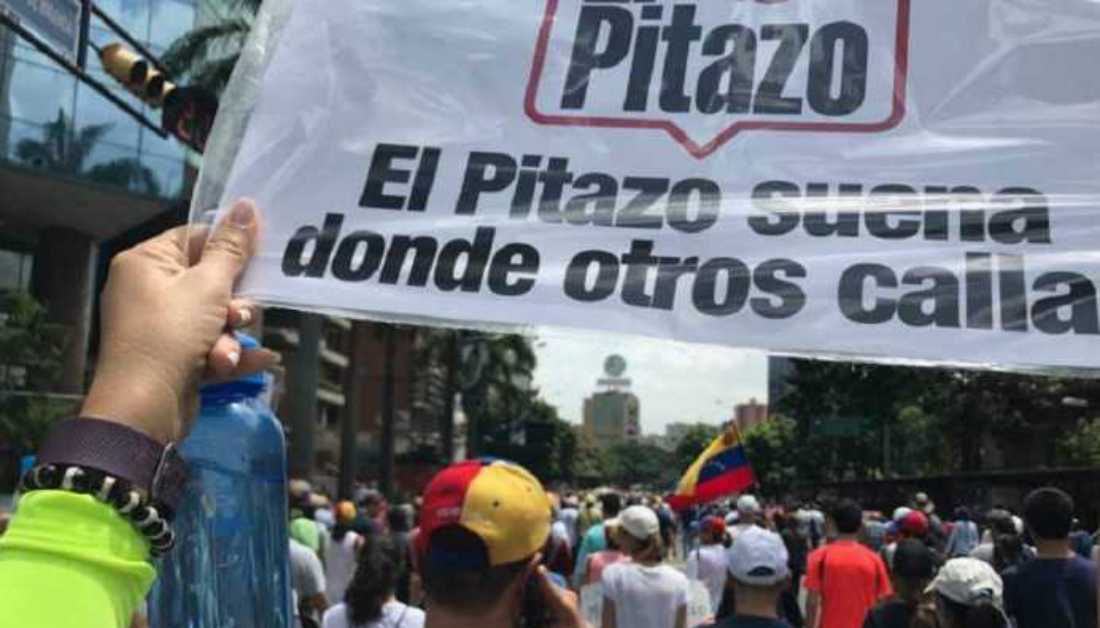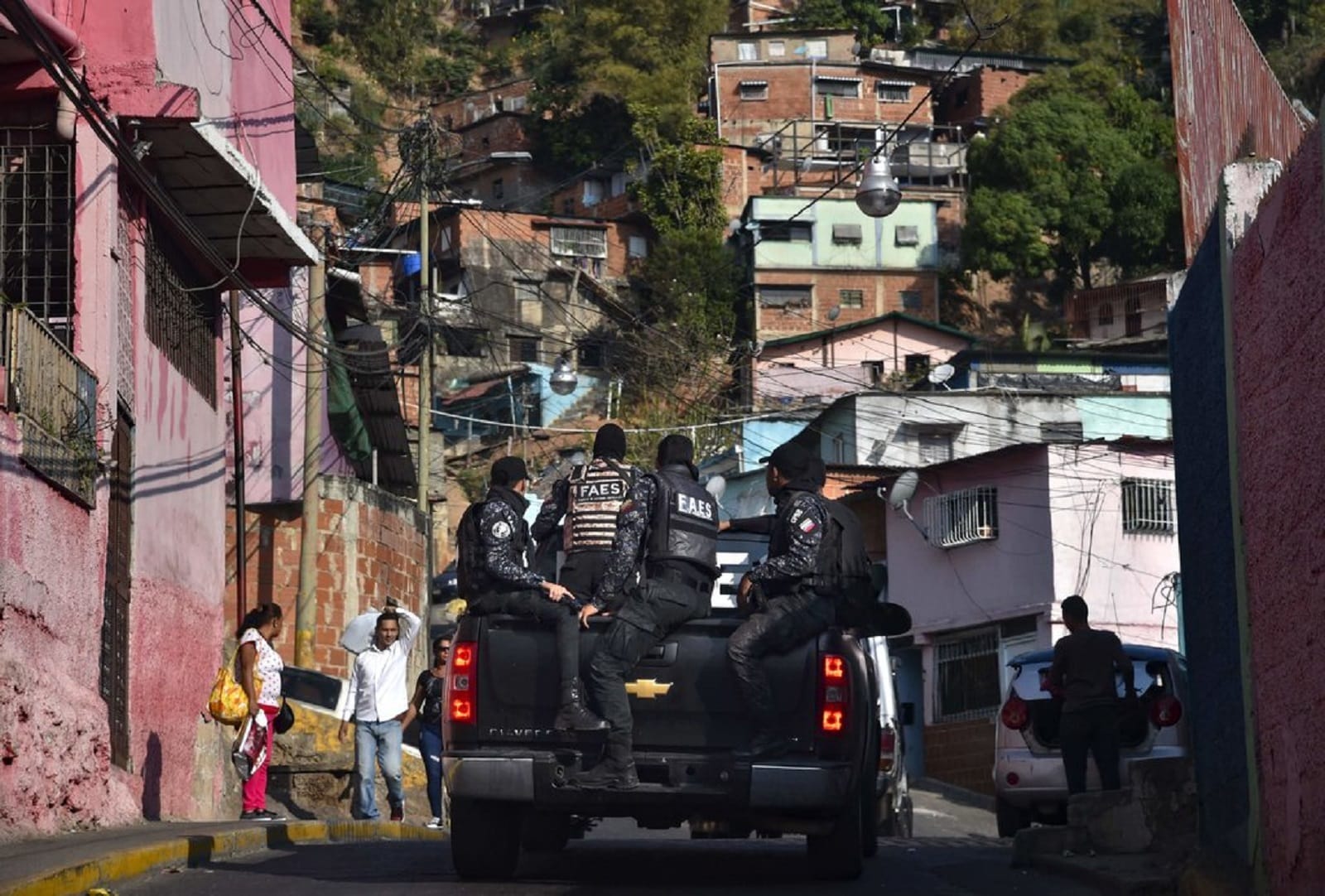Last April, CANTV, the National Telephone Company of Venezuela, announced an increased rate for its residential internet service ‘Broadband Access.’ Despite the increased rate, an assessment of this service conducted by the Venezuelan Public Services Observatory (OVSP) – which includes citizens in the main cities of the country – has been low in the last year, according to the recent study of quality and perception in users of major cities of the country.
According to the Measurement Lab (MLAB), Venezuela is in last place from an analysis of 10 countries that are monitored by this internet laboratory. Its connection averages are just below both Bolivia at 1.78 mbps and Suriname (2.42mbps). On the other hand, according to data on digital trends, Internet penetration in Venezuela in the last three years has been lower than the Latin American average. In 2018, the percentage of internet penetration went from 55% to 59%, however, it has not exceeded the continent average of 66%.
In Venezuela, as in many other countries in the region, the main connection of households to the Internet is through DSL (Digital Subscriber Line) networks. This is a platform that uses fixed telephone lines to provide access to the Internet through data transmission. Thus, 79% of users today in Venezuela have a subscription to Internet services through the state operated CANTV, as demonstrated by the ESDA Civil Association at the beginning of 2019. Followed by CANTV, in a very distant second place, is the private company “Intercable”, which offers a hybrid network of fiber and coaxial cable not DSL. With a market share of close to 14%, however, the latter still has no presence throughout the national territory. Additionally, in different States of the country, citizens do not have this option as a service provider.
Although the CANTV network has the greatest geographic coverage in Venezuela and is the main provider of Internet services in the country, it still has limitations. CANTV still has not managed to provide the service demands of the Venezuelan people across the main eight cities of the country.
In this regard, Julio Cubas, President of the Venezuelan Public Services Observatory, said: “According to the latest study, 57% of the households surveyed do not have Internet service, the cities lagging behind are Maracaibo and Ciudad Bolívar with 73% and 61% respectively. This is due in large part to the difficulty that service providers find in offering Internet connection. Also remember that in Maracaibo 72% of respondents said they do not have fixed telephone service (DSL ) “.
Although according to the public records of the National Telecommunications Commission (CONATEL), to date there are more than 100 companies registered with concessions to legally market the Internet service. These companies still lack a national presence and do not have sufficient financial or operational muscle to be able to offer a good service at national level. Despite the fact that demand for connection of homes and/or institutions to the Internet is increasing.
Although there are a lot of Internet service providers, that does not mean that these providers have a direct connection to the ISP (Internet Service Provider). Most of these companies use contracts with third parties (larger companies) to achieve this connection. In Venezuela, there are only two large ISPs and both are located in Caracas (that is, their Internet access is in this city). This makes it much more expensive from a financial and technical point of view. The difficulties of connecting foreign cities far from the capital is why we can see that the cities like Maracaibo and Ciudad Bolivar are lacking internet services the most.
Because of this, Julio Cubas has pointed out the following: “Of this population of households that have the service, only 51% say that their service is regular to good or good. 65% of respondents report that the service fails at least twice a week, while 45% say that the service fails several times a day every day of the week. “
Cubas added to his statement that: “Until January 2019, the city of Barquisimeto is the one that experiences the best network quality according to the respondents, since 58% received positive responses (good, regular to good). It should also be noted that in this region, the private company “Intercable” has the highest penetration of the market because its network is deployed throughout the state of Lara and its main headquarters in Barquisimeto. Therefore, for every 10 Larenses, 4 have the service with Intercable, according to the report of the own private company. “
If you want to know more about the Venezuelan Public Services Observatory or the results of its measurements, you can visit its website: www.asoesda.org or visit the Organization’s social networks on Twitter and Instagram @asoesda. For direct contacts, they have the email asoesda@gmail.com.
We are a civil society whose objective is research, analysis, dissemination, assistance and implementation of projects on environmental issues, society, development and environment. We seek to be a space to publish valuable information and present diagnoses and results of research in the areas that concern us, which are useful for civil society and its different actors.




